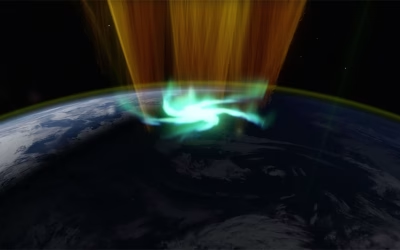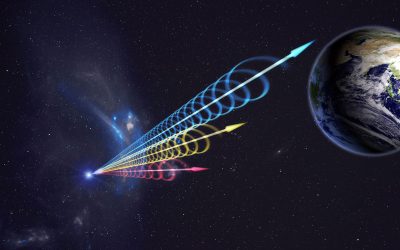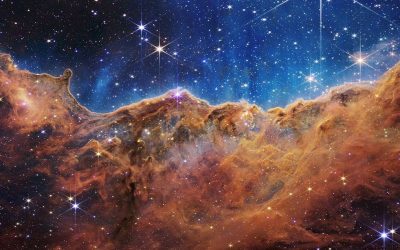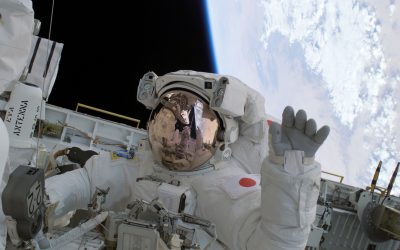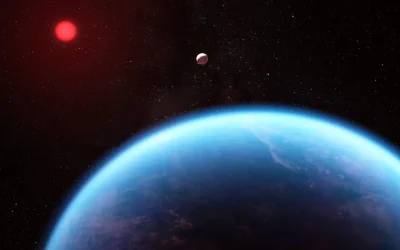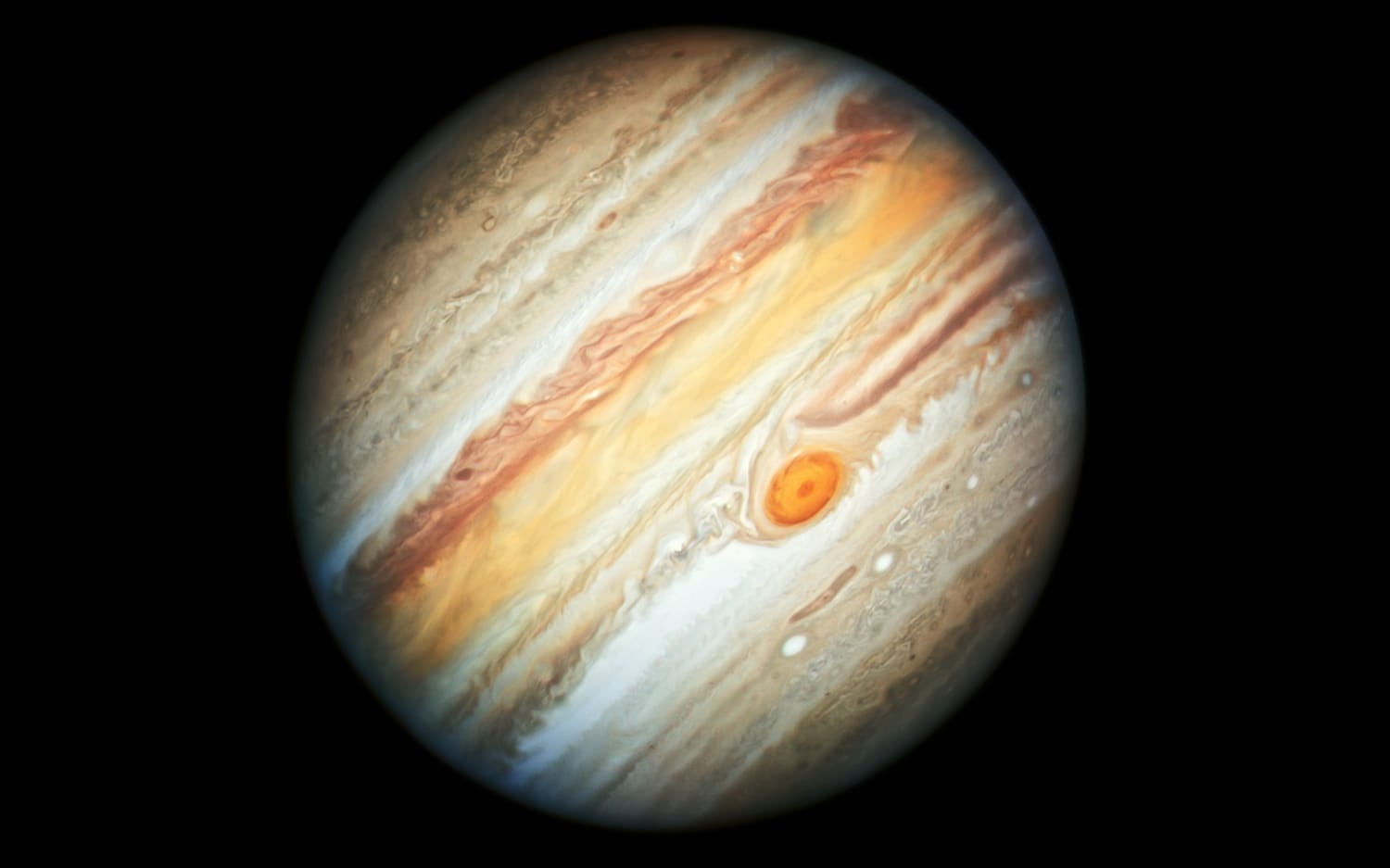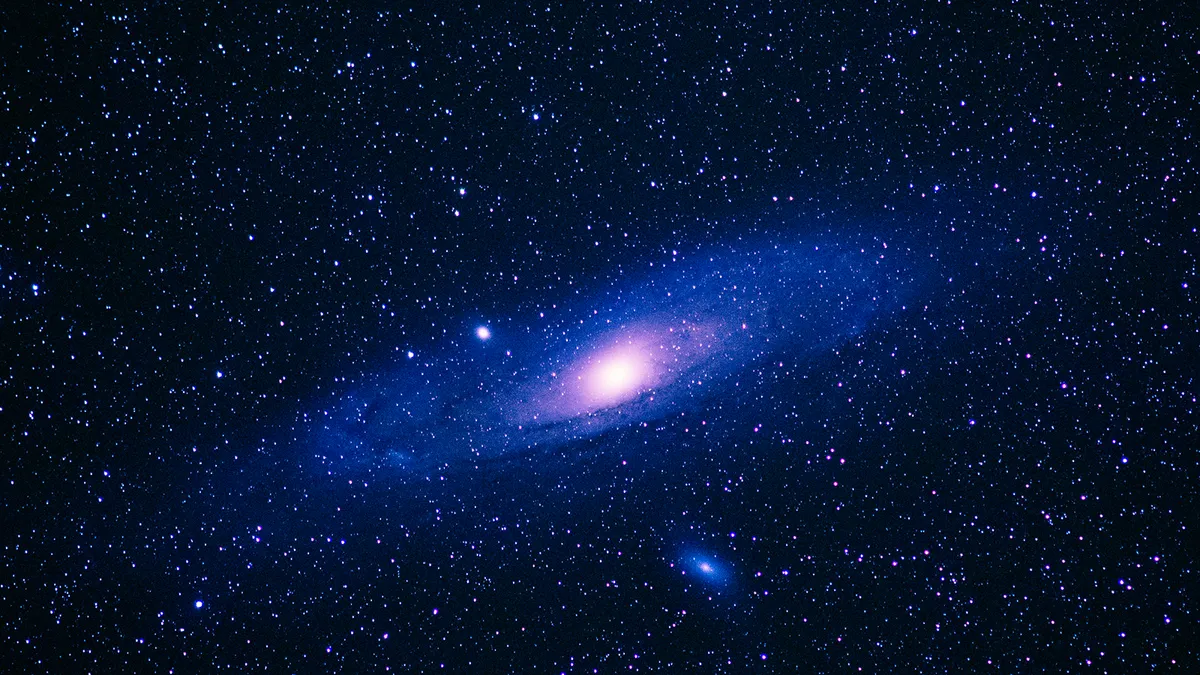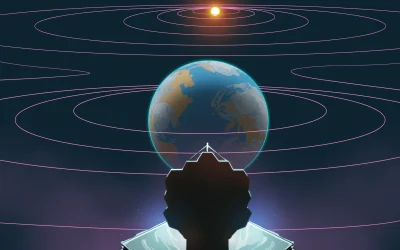
Lagrange Points, The Celestial Sweet Spots Powering Space Exploration
Lagrange Points—five gravitationally balanced positions in space—are quietly revolutionizing how we study the cosmos. Located in the orbital dance between two large celestial bodies (like Earth and the Sun), these points allow satellites, telescopes, and space stations to “park” in stable positions with minimal fuel use. The most famous, Lagrange Point 2 (L2), is home…



